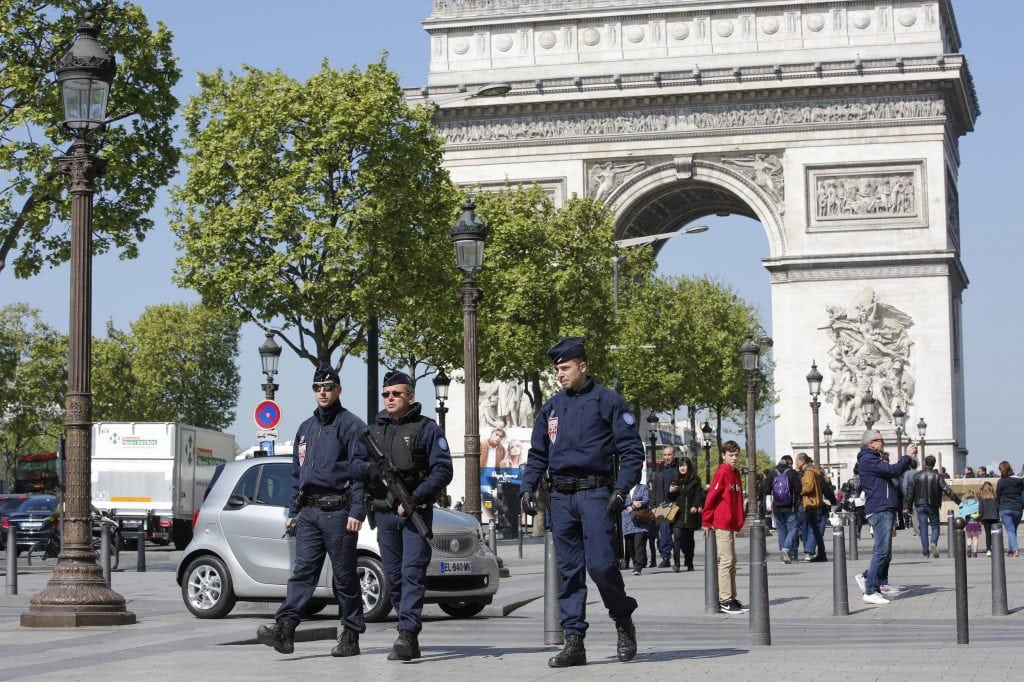Skift Take
Not every company can afford a dedicated security director. There are services out there, though, that are evolving to offer more automated security solutions that aren't just for multinational corporations and global operations.
The past few years have drawn the security challenges faced by global business travelers into sharp focus.
Whether it’s the rising tide of female travelers, or the growing ranks of frazzled but ambitious millennials, safety and security should be a major concern when a company designs its travel policy. Often, though, it can take a backseat to practical considerations or financial limitations.
Big companies with worldwide operations have the time and resources to develop a comprehensive security program that’s interlocked with travel. Smaller companies, though, are starting to pay more attention to the risks their workers take on the road.
“When something bad happens and everybody gets interested in [security] again, that’s human nature,” said Bruce McIndoe, president of WorldAware (formerly known as iJET). “Whats been happening underneath the covers from that is companies are more and more aware. We’re seeing it downmarket more and more. It used to be the large companies that did lots of global travel, but when you go down to the small-to-medium-sized enterprise market it wasn’t a big deal… We’re actually starting to trade in the small-to-medium-sized enterprise and leisure markets through our services and wrapping them into travel insurance and business travel accident coverage. It’s not such a discreet product for these companies.”
The company recently rebranded itself to better reflect the set of products it offers, which amount to an integrated platform for various security and information services. As the need for better institutional awareness has emerged, so too have the tools to better deliver the services that companies desperately need.
WorldAware’s core offerings include global monitoring for threats, a network to respond to problems on-the-ground, and a digital infrastructure to track travelers and give them advice during a crisis. Sure, most travel management companies track their travelers through mobile apps; this approach is helpful but incomplete when a traveler should receive alerts about threats in a destination ahead of time, for instance.
McIndoe sees a shift happening among its large corporate clients toward constant digital awareness of threats instead of a mindset focused solely on tracking travel. It goes beyond simply tracking travelers, which most travel management companies can already do through mobile apps. What happens if there is a threat at an office, for instance, or a key corporate leader goes missing?
“Companies now understand they are actually protecting people and travel is just a modality, especially our larger clients,” said McIndoe. “Those companies are understanding this is a convergence of security, business continuity, and crisis management. Travel is a supporting actor in an overall program to protect their people. We now deliver an integrated risk management platform. Maintaining location awareness of employees is an important aspect of what we provide so they can determine if there is a threat.”
Automation is the future of duty of care in corporate travel, according to McIndoe. Instead of simply handing employees a card with an emergency number, digital systems are available that provide travelers with travel and risk information on demand.
For smaller companies, outsourcing the role of security director will become an attractive, and more affordable, alternative to traditional security measures. For a few hundred dollars a month, far less than a full-time worker assigned to the role, an organization can receive security information and services that better protect their employees.
The future of corporate travel security will be defined by platforms rather than a variety of individual products like insurance that are added to specific trips. Artificial intelligence and chatbots will be used to anticipate traveler needs and provide them targeted information about their trips to better inform their choices on the ground.
Part of the problem right now is that a traveler’s itinerary doesn’t necessarily sit all in the same place; it’s hard to push education and proactive alerts ahead of time if the system doesn’t know when someone is traveling somewhere. As that next piece comes online across the industry, travelers will likely become better protected and informed.
“The next piece of this will be to add the ‘where am I going’; you should know information about your destination [before going there],” said McIndoe. “I should be able to put in information about Brazil and then be communicated very personalized and granular information about Brazil. And what if instead of calling a 911 number, a 911 number called you?”
The Daily Newsletter
Our daily coverage of the global travel industry. Written by editors and analysts from across Skift’s brands.
Have a confidential tip for Skift? Get in touch
Tags: corporate travel, ctir, security
Photo credit: French riot police officers patrol on the Champs Elysees boulevard, with the Arc of Triomphe in background, in Paris, Friday, April 21, 2017. Christophe Ena / Associated Press
